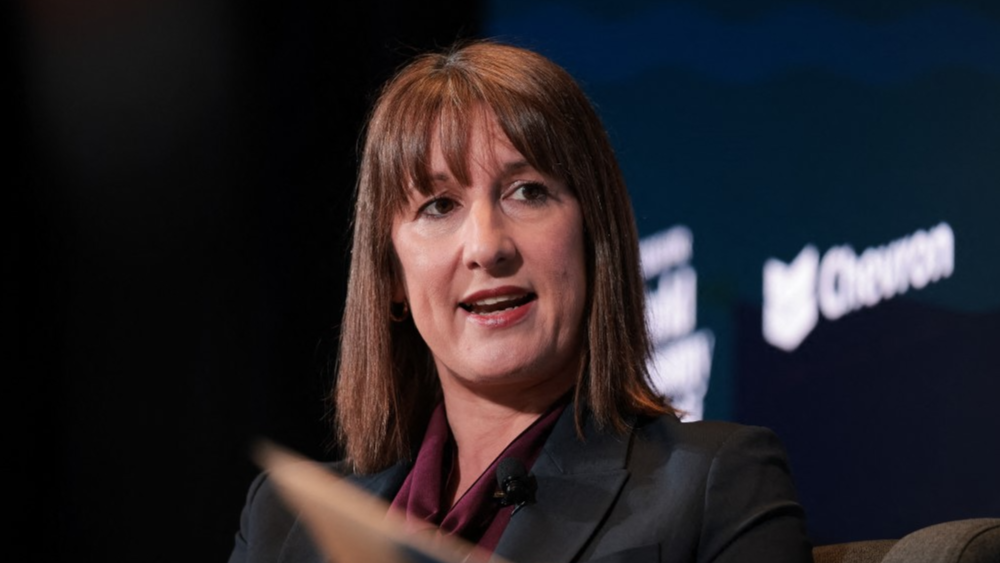
UK Chancellor of the Exchequer Rachel Reeves is facing a £51 billion ($68 billion) shortfall to fill at the autumn budget, according to a prominent economic think tank that warned she will likely need to break Labour’s pledge not to raise major taxes.
Slow growth, higher-than-expected borrowing and U-turns on plans to cut welfare spending mean Reeves is on track to miss her rule to match day-to-day spending with tax revenue in 2029-30 by £41 billion, the National Institute of Economic and Social Research said on Wednesday.
It means more than £51 billion of tax hikes or spending cuts would be needed to restore her current fiscal buffer of just under £10 billion.
With businesses still reeling from a £26 billion hike in payroll taxes in April, such a large hole in the government’s budget plans would imperil Labour’s manifesto pledge not to raise taxes on working people, specifically income tax, national insurance contributions or value-added tax that together account for around two-thirds of all revenue raised by the Treasury.
Reeves is caught between febrile bond markets unlikely to tolerate more borrowing and Labour lawmakers who recently rebelled over plans to curb welfare spending. She is coming under pressure to extend freezes to tax thresholds and consider more radical measures including a wealth tax.
“It’s becoming increasingly difficult to see how the government meets its fiscal targets, sticks to spending promises and avoids tax increases on working people,” said David Aikman, director of NIESR. “Something will have to give.”
ALSO READ: UK PM gives full backing to Reeves after tearful appearance in parliament
Filling the £50 billion hole is equivalent to raising the basic and higher rates of income tax by 5 percentage points. Just extending the freeze on income tax thresholds would leave Reeves short, raising £8.2 billion.
She will revise her fiscal plans at the autumn budget after a bruising spring and summer for the chancellor after reversals on welfare and winter fuel subsidies for pensioners. Her headroom will also be eroded if the Office for Budget Responsibility downgrades its growth projections as economists predict, bringing the watchdog closer in line with more pessimistic private-sector forecasts.
NIESR predicted UK gross domestic product will grow 1.3 percent in 2025 and 1.2 percent next year, though it warned that tax rises in the autumn would likely weaken the economy.
“If the chancellor does take the sort of action required at her budget to bring her back into line with her fiscal rules, then that would have a growth impact,” said Stephen Millard, deputy director at NIESR. “The potential for tax increases are in the risks, which is a big reason why we think the risks to GDP growth are to the downside.”
NIESR said Reeves should build a larger fiscal buffer through a sustained increase in taxes, though Millard said some of the revenue would need to be raised immediately to help maintain credibility of financial markets.


